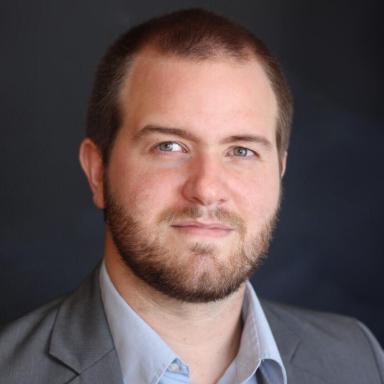布鲁诺是WRI 罗斯可持续城市中心的城市发展区域协调员。他是罗斯可持续城市中心在拉丁美洲的实地联络人,支持与国家和国家以下各级政府接触,以推进可持续城市发展议程。布鲁诺还在巴西从事城市复原力项目 ,支持地方政府创建综合绿色战略以应对气候变化的影响。
在加入WRI之前,布鲁诺作为Arcadis Brasil可持续发展和领土规划团队的环境工程师,参与了多个城市总体规划、战略环境评估、影响研究和尽职调查项目 。在加入Arcadis之前,他曾在德勤公司担任商业可持续发展分析员项目 ,并在圣保罗州技术研究所担任实习研究员。
布鲁诺拥有巴西ABC联邦大学的科学和技术学士学位,以及环境和城市工程的学士学位。他还拥有同一所大学的环境科学与技术硕士学位,在此期间,他开展了关于城市水治理指标的研究。布鲁诺与他的妻子和儿子住在圣保罗大都会区的圣安德烈。
布鲁诺-因考的最新作品
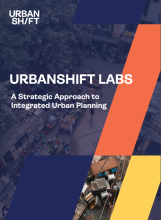
报告
UrbanShift
本报告总结了UrbanShift八个实验室的洞见与经验,为深化城市地理空间分析提供了范本。
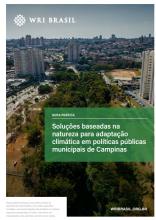
出版
坎皮纳斯市政公共政策中基于自然的适应气候解决方案
坎皮纳斯在其城市绿色、资源和环境教育计划中正式将 SBN 置于优先地位。
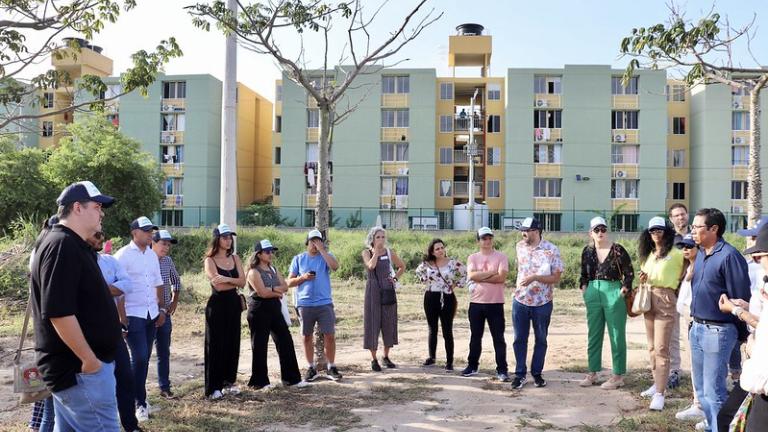
城市焦点
特雷西纳如何加快向绿色和具有抗灾能力的城市转型
从UrbanShift 的能力建设活动中,这座位于巴西东北部的炙热城市正在汲取灵感和技术知识,从根本上建设可持续发展。
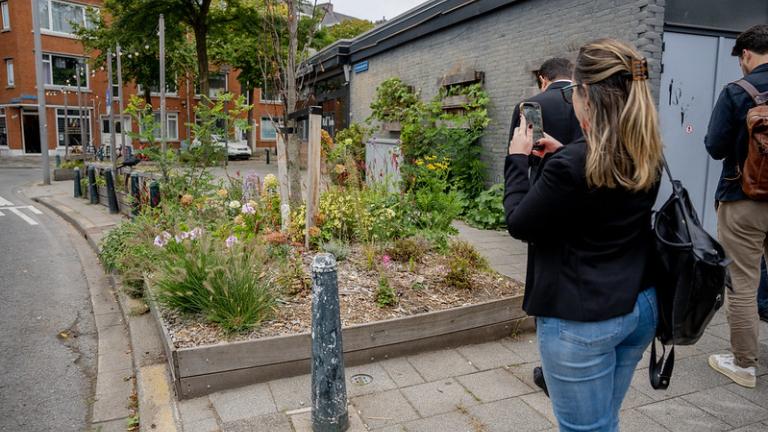
城市焦点
从社区开始建设复原力:鹿特丹以人为本的气候行动战略的经验教训
在鹿特丹的一周时间里,来自拉美城市的代表们在UrbanShift 领导的同行交流活动中,深入探讨了该市在以人为本的气候适应能力方面所采取的周到方法。
